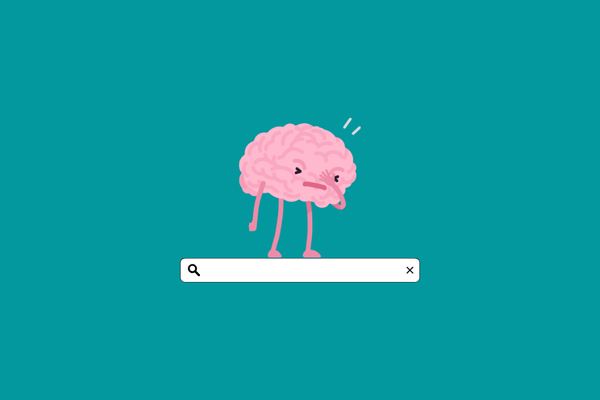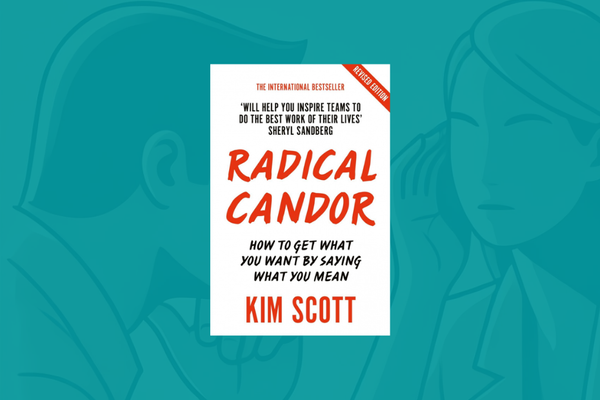Things to Write in a Notebook
Whether to increase productivity, gain clarity or save ideas for later, a simple notebook has a lot to offer. I share in this article why and how I fill notebooks with words to inspire you to do the same.
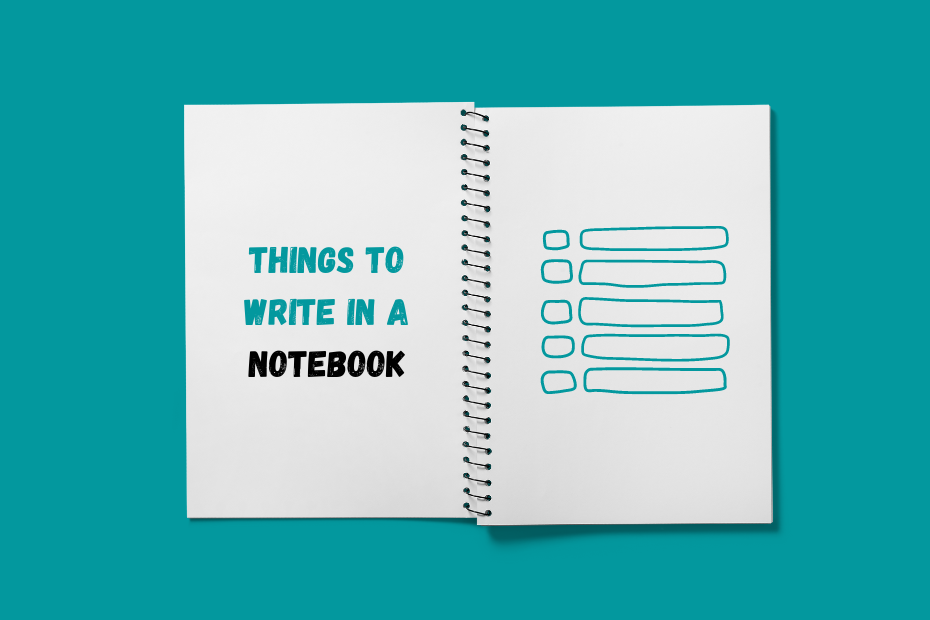
Nowadays we have software for every use case we can just think of. I myself am a big advocate for productivity apps and tools for creating beautiful docs, but when it comes to using them on a day to day, it comes with shortcomings.
I sit before a screen for at least 8 hours a day.
I tried just changing gears after work and taking my personal productivity hat on, but it didn't work. My eyes were burning and I needed a context switch to close the nine-to-five part of my day.
This is where a regular paper notebook proved to be a valuable ally.
I am writing random things in notebooks for years now.
I am filling my fifth journal this year, and in the meantime, I experimented a lot with exercises discovered in psychology books, applying systems for remembering what I read, tracking habits, and a lot more.
Writing with your hand has science-backed advantages.
I simply feel better after writing a few hundred words on paper, while I miss the same sensation when working in a digital setting.
Difference between notebook and journal
Before we jump right into the notebook use cases, I wanted to call out the difference between notebooks and journals.
A notebook is a collection of papers you can use for several cases. Your notebook most of the time is not just for one special purpose, but for general use. Jotting down ideas, making notes, and writing to-do lists are popular ways of using a notebook.
A journal is a notebook with a specific purpose in mind. While we are jotting down unstructured notes in a notebook, we use journals to write coherent thoughts in it.
I hate limiting concepts so I will ditch these popular distinctions altogether. I will write about anything you can and you should try to write on a bunch of paper regardless the fact whether you call it a notebook or a journal.
1. Freewriting
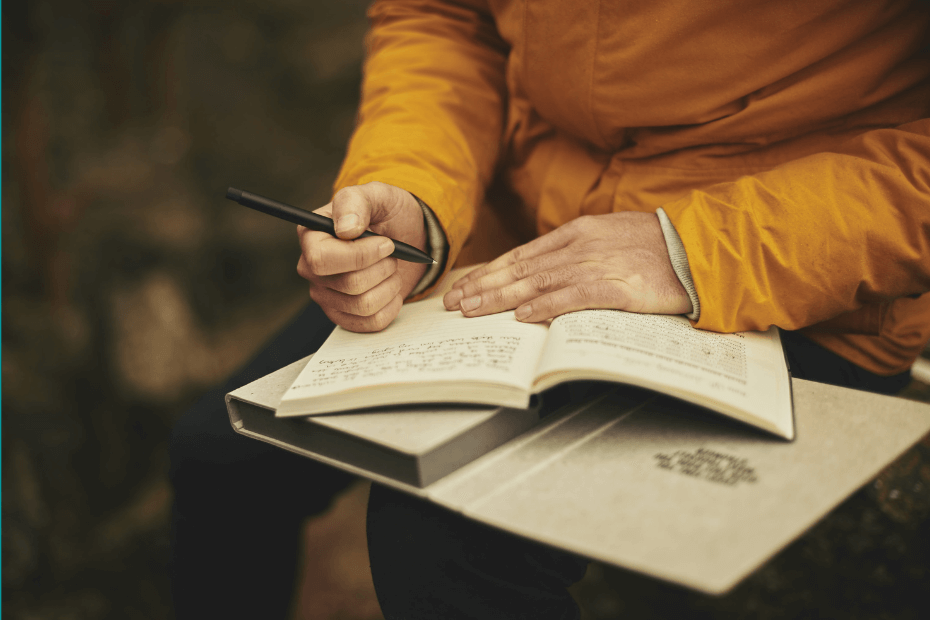
I use my notebooks as a meditative medium.
I prepare my pen and paper, start a timer (or write with a certain page count goal in mind) and write anything that comes to my mind without any notification or distraction.
Freewriting helps to turn off, it reduces stress by putting my limiting beliefs on paper and helps me to discover my shortcomings and my limiting beliefs.
Also, it's a good way of venting.
The founding father, Benjamin Franklin used to write long, emotion-filled letters to his political opponents which he never sent later.
The process of writing out his anger without damaging his relationships worked for one of the most interesting diplomats in American history.
Why don't you give it a try as well?
2. Diary
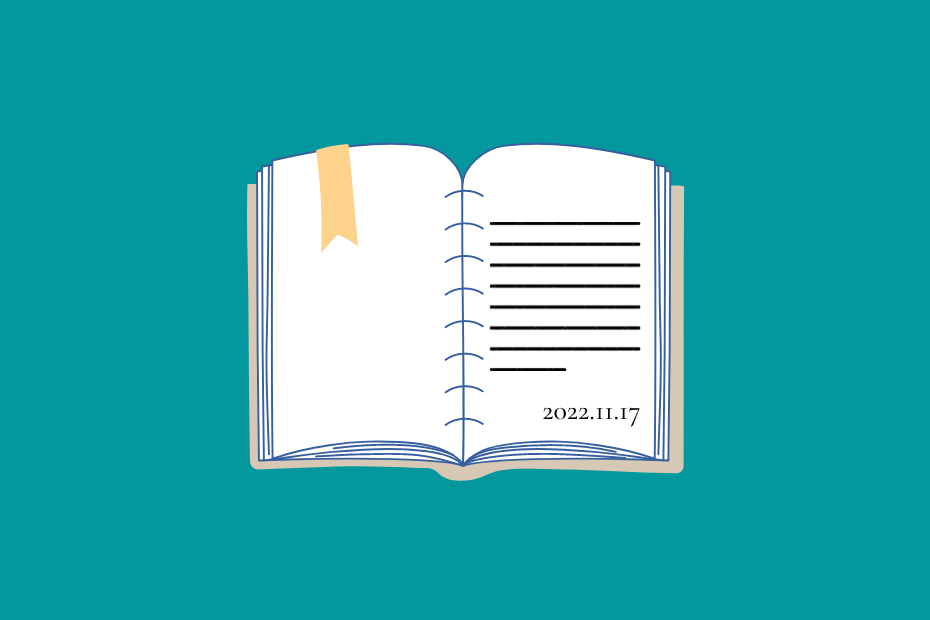
Writing a diary is one of my notebook habits which I feel I should do more often but it can feel just a meaningless chore at the time when I should open my journal and actually put some effort into it.
When using a journal of freewriting you got an in-moment picture of what you were thinking about things around you. By writing diary entries you will have a chronicle about what was happening around you.
It's good to have both faces of the same coin.
I am doing a "year review" every December. For this I sit down with a big cup of tea and read through diary entries I made that year.
It's an eye-opening experience how much I can forget even in the span of one year. I totally forget big events, let alone details.
Writing a diary is a habit I am appreciating after putting in the effort.
It preserves memories and what could be a better use case for a notebook than this?
3. Gratitude journal
After two unstructured ways of expressing our thoughts, we turn toward more thought-trough ways of using a notebook.
Writing down two or three things you are grateful for every day sounds like a low-impact habit, but actually, there is robust scientific evidence to prove the unexpected benefits of expressing your gratitude.
While reminding yourself of the things you can be grateful for helps you be more in the present, slows down time, and motivate you to appreciate the little things, also it can have a visible impact on your health.
Expressing gratitude can help you sleep better, lowers the risk of heart disease, and it can counteract eating disorders in the case of adolescents.
Purposefully contemplating things you appreciate just in your thoughts has the same impact as writing them down, but giving it a structure makes it more likely to stick as a habit.
Using a notebook for expressing your gratitude can also provide you with a longer time horizon when reading back past entries.
4. Gain clarity through exercises
I love reading psychology and self-help books, but I learned early that if I don't apply the learnings then reading non-fiction will be only a more accepted way of procrastination.
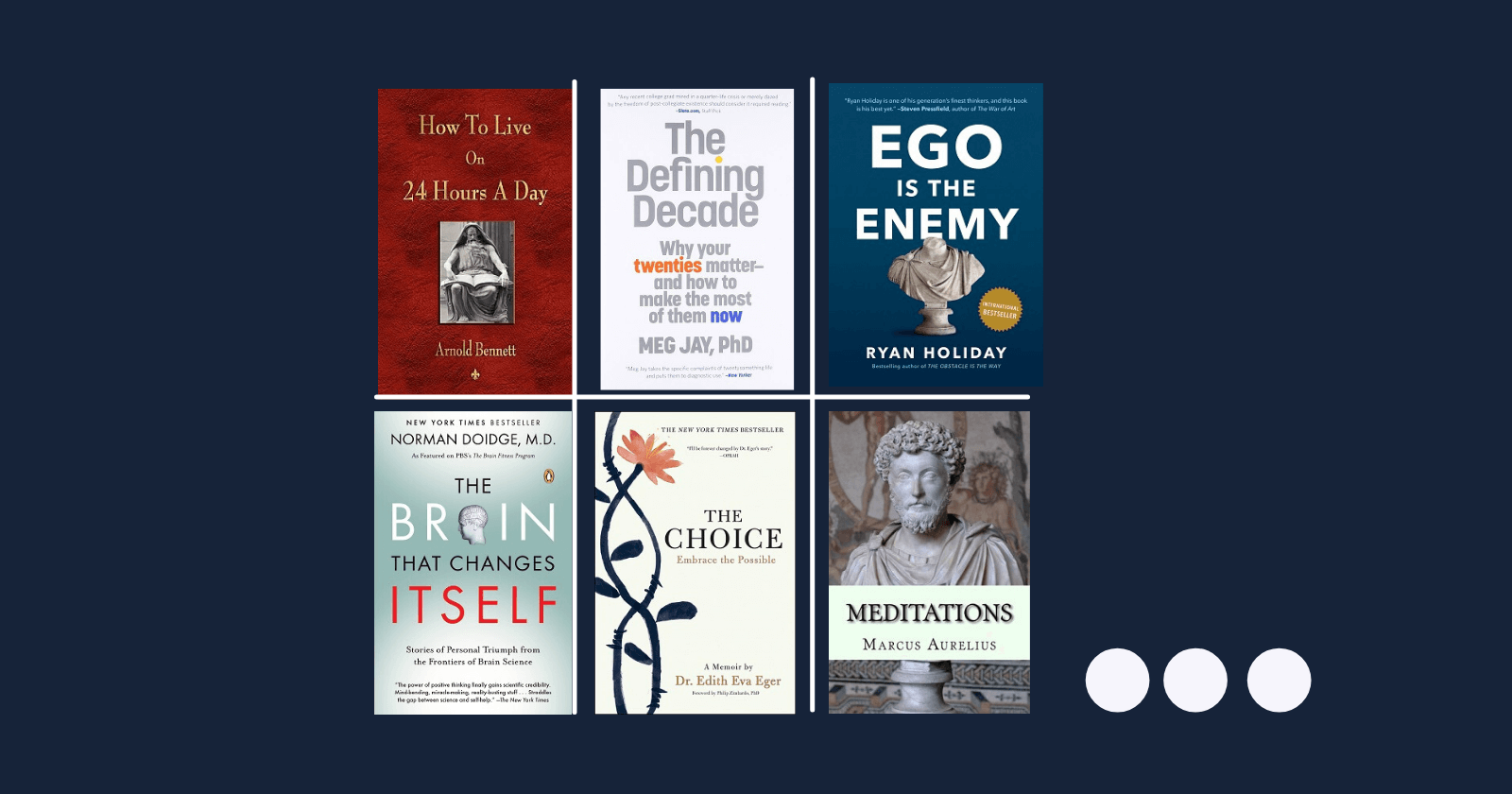
A lot of story-packed non-fiction books contain easy-to-follow exercises, great questions, and challenges you have to adapt to your life.
To give you an example I collected some of my favorite exercises I write in a notebook:
Five whys
The "five whys" technique can help you to solve your problems by discovering their root cause. The concept was developed by Sakichi Toyoda and was/is used by the Toyota Motor Company to this day.
The five whys can be the perfect next steps of a freewriting exercise. During freewriting, you identify problems frustrating you, get to the root cause of them, and outline potential next steps with the five whys.
An example of the five whys:
- Problem: My content strategy does not attract leaders to the blog.
- Why? - My blog posts are not performing well in Google.
- Why? - I am not targeting keywords with any articles.
- Why? - I want to generate demand instead of capturing it.
- Why? - Writing to satisfy existing demand often leads to copycat articles.
- Why? - I got lazy and check the competitors instead of thinking trough the topic.
- Solution: Use other acquisition channels for discovery or streamline my publishing process to avoid stalking competitors.
Five whys often become longer think-through articles like in this case:
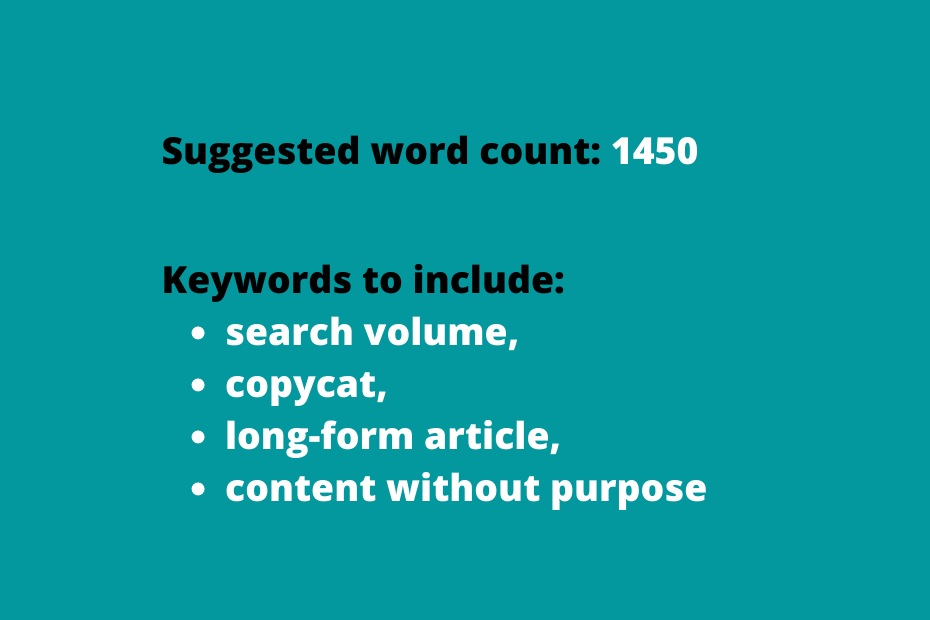
Homework for life
Matthew Dicks outlines a great exercise in Storyworthy which can help you spot the best stories of your life. The premise of this exercise is that the best stories are not created by us but they are happening to us.
The problem is that we are not putting any effort into acknowledging these stories, we don't note them down and eventually, we don't remember them.
With "homework for life" you should write down one story at the end of each day despite how boring or unworthy to mention they are. With this, you build a long list of moments within you that can turn into the best stories of your life.
Perfect day
The perfect day is an exercise I came through in several books. It drives by the observation that big milestone goals (like having a Ferrari) are rarely impacting our happiness but rather our everyday habits and circumstances.
Instead of outlining big audacious goals, it asks you to construct your perfect day.
If you wouldn't have any obligations, what would your perfect day look like?
When would you wake up?
Where?
What would you be starting your day with?
What would you eat for breakfast?
...
The outcomes of journaling sessions with the perfect day exercise often lead me to the realization that there are moments of my perfect day that I can actually already integrate into my life.
So why wait?
3-2-1 newsletter by James Clear
The author of the habit-forming bestseller, Atomic Habits is writing a newsletter with small nuggets of quotes and questions worth pondering.
I use these questions as input to clarify my thoughts on diverse topics.
Here are some of my favorite questions I journaled my way through recently:
- What do I need to accomplish today and how can I have the most fun possible while doing it?
- What percentage of the media you consume on a daily basis was created in the last year?
- What percentage of the best and most useful information was created in the last year?"
- What type of work brings you the most happiness?
- Without altering the facts of the situation I am facing and without ignoring the reality of what must be done, what is the most useful and empowering story I can tell myself about what is happening and what I need to do next?

5. Workout tracker notebook
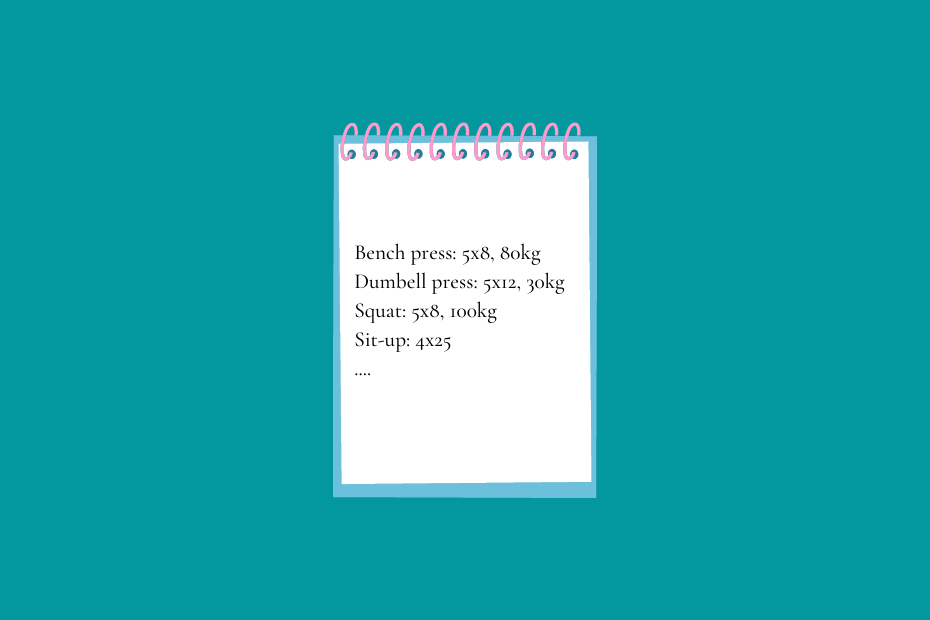
I filled several A5-size notebooks in the past with ink and sweat.
I am a regular gym goer.
I A/B tested the hell out of routine and having a notebook filled with repetitions and weights of my past workouts came in handy when I drove conclusions of what worked and what did not.
A pencil and a smaller notebook can do wonders for your workout.
It made me accountable and motivated me to stick to the plan or increase weight even if I didn't feel like it.
Also, you can look back at your notebook entries and note the progress you made over the years.
6. Doodling and drawing
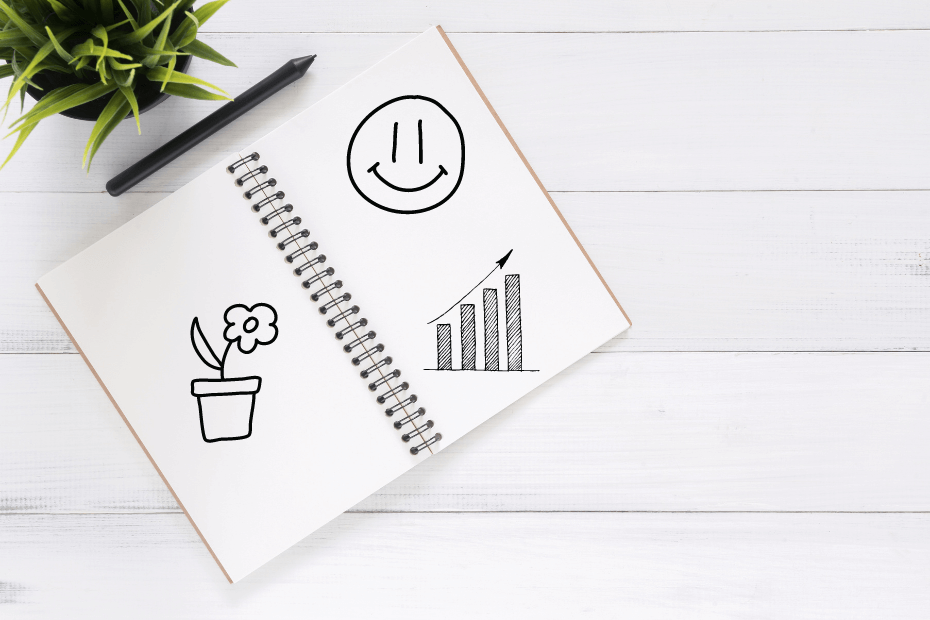
When I got bored and had a spare notebook in sight I start doodling. I can barely find any university notebooks of mine which aren't covered with doodles regardless of the subject.
I am stuck at the level of a ten-year-old with my illustration skills but this didn't stop me when it comes to drawing down some sketches.
Previously the goal was to pass time, but since I am writing, I am always wondering how can I enrich my articles with visuals, and how can I make a chart easier to understand.
7. Notebook filled with book notes
I know you can write on the margin of the books directly, but I like to keep my books tidy and rather put my thoughts with references in a separate notebook.
I try to retain as much information as possible so book notes and my notebooks helped me immensely over time to achieve this.
When I encounter a complex non-fiction book, I often draw some mind maps as a tool to help me understand the concepts of the book.
Notebooks can be a great way to mind map your way through any subject regardless of the medium you consumed the content with.
Summary
Writing things in a notebook can have a surprisingly great impact on your thinking. You can gain clarity, preserve precious moments, increase productivity and pass time with a simple pen and paper.
Some things to write in a notebook
- Freewriting
- Diary
- Gratitude Journal
- Think-trough exercises
- Workout tracker
- Doodling
- Book notes



